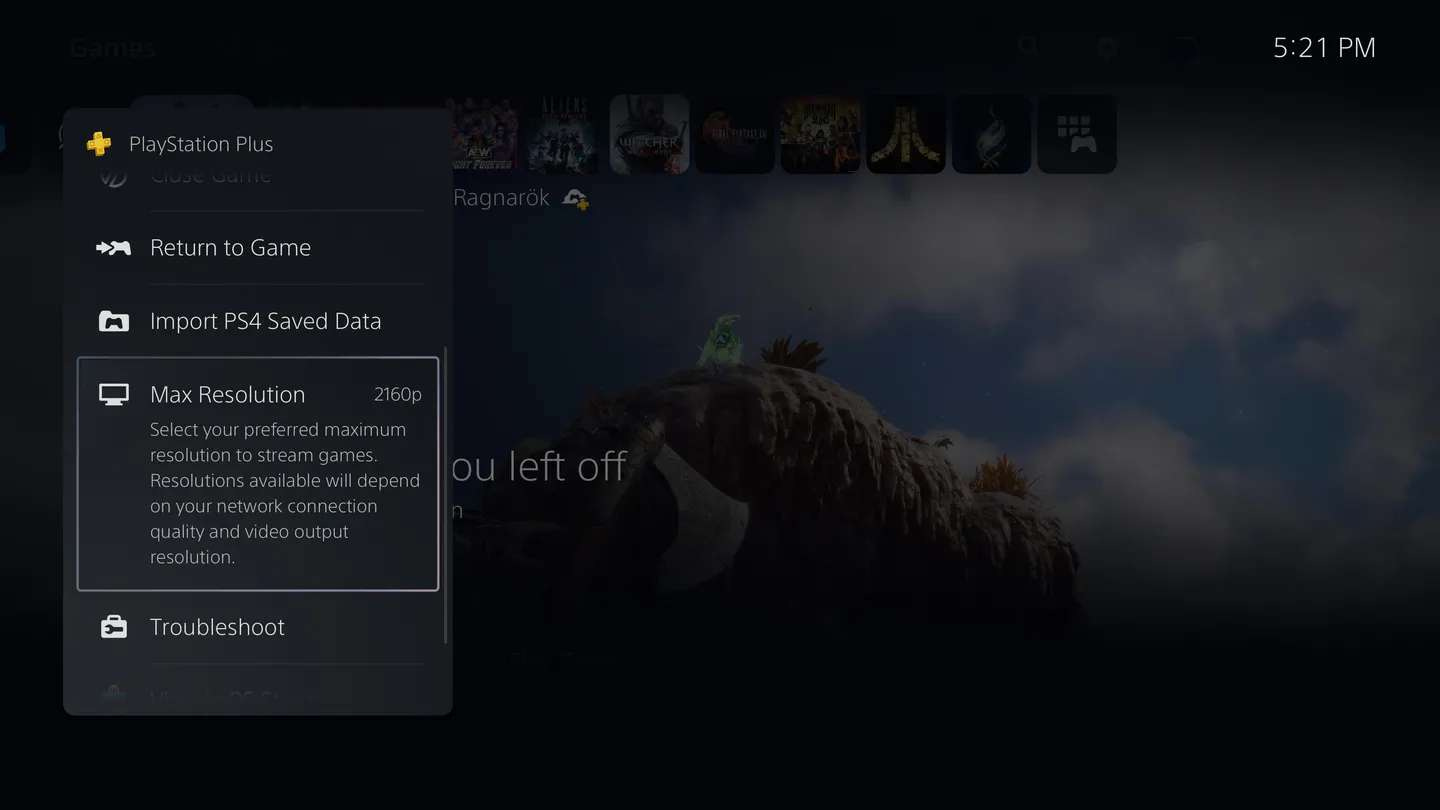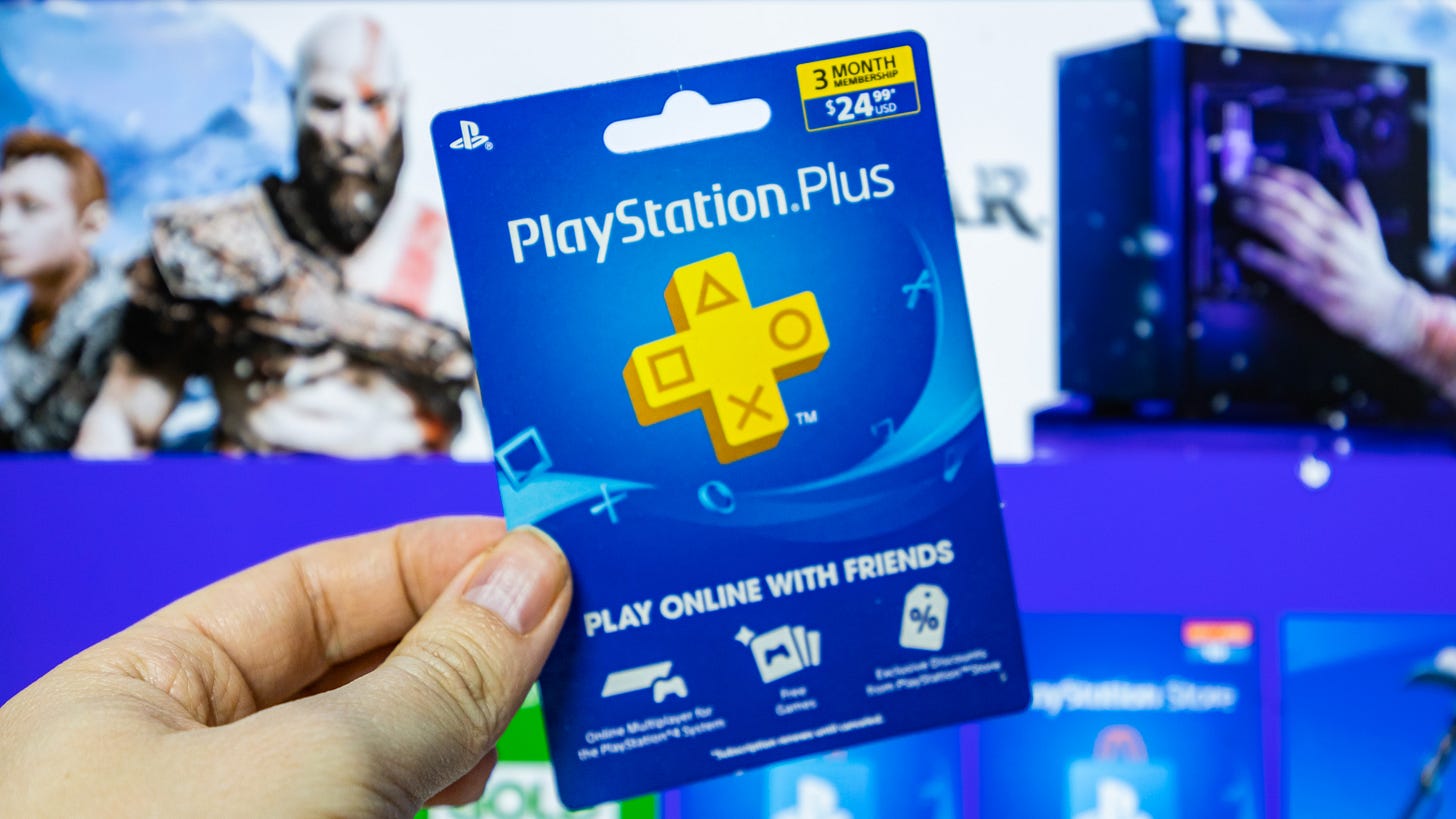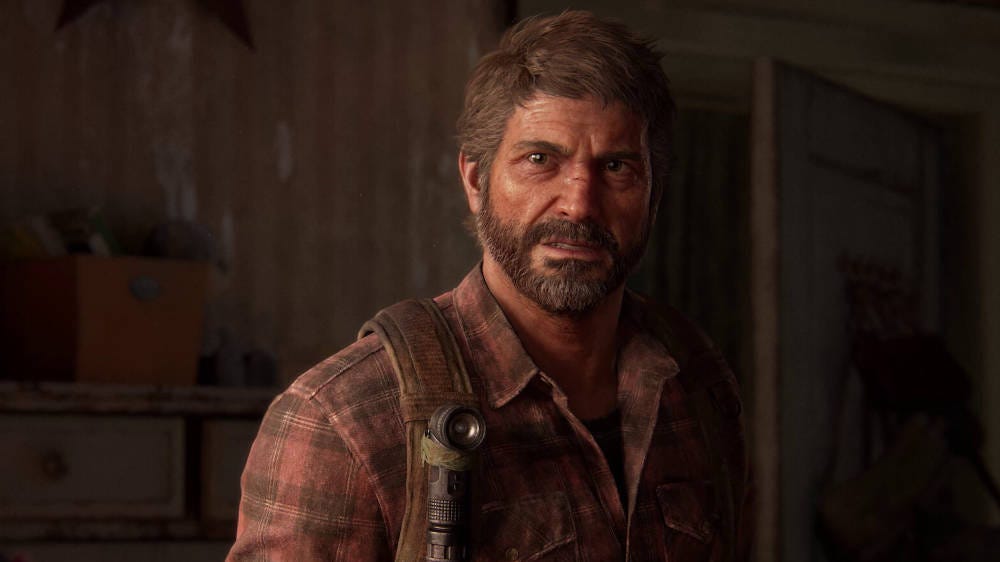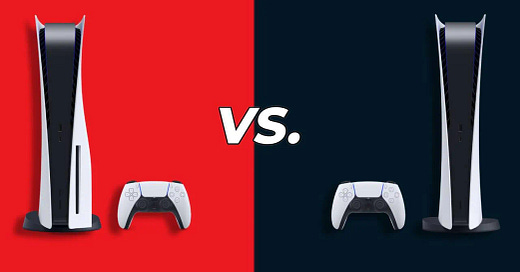
Sony's PS Plus price hike is hard to justify
Prices for Sony's PlayStation Plus services are increasing by up to 35% from September 6, 2023
Sony is raising the price of a 12-month subscription to PS Plus by up to 35%, starting September 6. And I’m struggling to accept the reason Sony has provided.
Alongside announcing September’s PS Plus free games, Sony quietly announced the PS Plus price hike in a PlayStation Blog post saying, “This price adjustment will enable us to continue bringing high-quality games and value-added benefits to your PlayStation Plus subscription service”.
Here are the new prices for a PlayStation Plus 12-month subscription:
PlayStation Plus Essential - $79.99 USD (was $59.99)
PlayStation Plus Extra - $134.99 (was $99.99)
PlayStation Plus Premium - $159.99 (was $119.99)
That means, unless you already have an existing 12-month subscription that doesn’t renew before November 6, 2023, you’ll have to pay 33% more for PS Plus Essential, 35% more for PS Plus Extra, and 33% more for PS Plus Premium. Use our PlayStation Plus discount code to save before the price hike kicks in.
Now, even though I think Sony’s highest-tier service has come a long way since my PlayStation Plus Premium review, there’s no way users should have to pay $40 more a year. A $34 price increase for PS Plus Extra is even more egregious, as you don’t get access to PS1, PSP, PS2, and PS3 games, or Game Trials – only the Game Catalog.
➡️ The Shortcut Skinny: PlayStation Plus price hike
📆 Sony is raising the price of every PS Plus tier from September 6
📈 A 12-month subscription to PS Plus Essential will cost $79.99 (was $59.99)
💰 A 12-month subscription to PS Plus Extra will cost $134.99 (was $99.99)
💸 A 12-month subscription to PS Plus Premium will cost $159.99 (was $119.99)
Let’s take a closer look at Sony’s reasoning for the price hike and break it down, shall we?
Lack of day-one releases
Compared to Xbox Game Pass, where users are treated to day-one releases of every Microsoft first-party game (including Starfield), third-party titles, and indie gems, Sony has released just three day-one releases on PS Plus Extra and Premium thus far: Sea of Stars, Tchia and Stray. The former was also released day one on Xbox Game Pass.
Getting access to Microsoft’s first-party suite of games alone is often enough for players to justify subscribing to Xbox Game Pass, as you’re essentially saving $70 every time a new title is added.
This year alone, Microsoft has released (or is set to release) Deathloop, Ghostwire: Tokyo, Hi-Fi Rush, Age of Empires 2: Definitive Edition, Redfall, Starfield, and Forza Motorsport from its first-party lineup straight into Xbox Game Pass. Throw in third-party titles like Persona 4 Golden, Atomic Heart, and Exoprimal, and the value proposition grows ever stronger.
Unless Sony changes its stance on day-one releases – which Sony clarified it wouldn’t last year and even suggested gamers like paying $70 for first-party games – I don’t see how adding older titles to the Game Catalog each month and drip-feeding classic games onto the service is enough to justify either price hike.
Cloud gaming isn’t here yet
We know that PlayStation Plus Premium members will soon be able to stream PS5 games via the cloud, but this is something that has been available to Xbox Game Pass Ultimate members for months and isn’t the game-changing addition it could have been – especially as cloud streaming won’t work with Sony’s upcoming PlayStation Portal for some bizarre reason.
Xbox Cloud Gaming, while a convenient feature, isn’t the main reason people subscribe to Xbox Game Pass Ultimate. Yes, it’s nice to have, but it’s largely because you get all the benefits of Xbox Game Pass Core and Xbox Game Pass, as well as access to PC Game Pass by paying for Microsoft’s highest tier subscription. You also get compelling perks like 75-days of Crunchyroll Premium.
Annual memberships were a great way to save
Microsoft recently raised the price of its monthly Xbox Game Pass and Xbox Game Pass Ultimate subscriptions to match Sony’s monthly prices for PlayStation Plus. PS Plus Essential costs $9.99 (same as Xbox Game Pass), PS Plus Extra costs $14.99 a month, and PS Plus Premium costs $16.99 a month (same as Xbox Game Pass Ultimate).
Sony’s 12-month memberships offered a great way to save, as you could pay $119 for an annual PlayStation Plus Premium membership instead of $203 by paying monthly. That saving has now reduced dramatically, making paying upfront less appealing than before.
PS Plus is still needed for cloud saves
But what if you’re not bothered about Sony’s Xbox Game Pass-style Game Catalog or the classic games on PS Plus Premium? Well, you’ll still need PS Plus Essential to play online, which is now $20 more a year.
And if you don’t care about playing online or claiming the three free PS Plus games each month? Say goodbye to cloud saves. Sony still requires PS Plus Essential to access your cloud saves, which means you’re at the mercy of local storage – something that seems unthinkable in 2023. Sony should make cloud saves free, just as it is on Xbox consoles.
It’s time for Sony to stop raising prices
This isn’t the first price hike we’ve seen from Sony, which has generally set the standard when it comes to pricing this generation. Sony was the first to raise the price of the PS5 back in August 2022 and also charged $70 for its first-party titles. Microsoft later followed suit.
PlayStation Plus Premium also launched at a higher price than Xbox Game Pass Ultimate, and even though Microsoft has once again played catch up, Sony clearly feels like it can charge more for its products and services as the market leader.
Even PS5 accessories tend to cost more. Sony’s pro controller, the PS5 DualSense Edge, costs $199 while the Xbox Elite Series 2 Controller launched for $179. You’ll also need to purchase the PlayStation Earbuds for $299 or the PS5 Pulse Elite wireless headset for $149 if you want wireless audio on the PlayStation Portal, as it doesn’t have Bluetooth – a deliberate decision to sell its new audio products.
Sony may have a stranglehold on this generation, but that doesn’t mean it should stop trying to offer the best value for customers it can. Right now, it’s hard not to feel like Sony is penny-pinching simply because it can, not because it has to. We’ll have to wait and see if PS Plus does indeed evolve for the better in the future, but for now, it’s hard to justify the price hike.

















